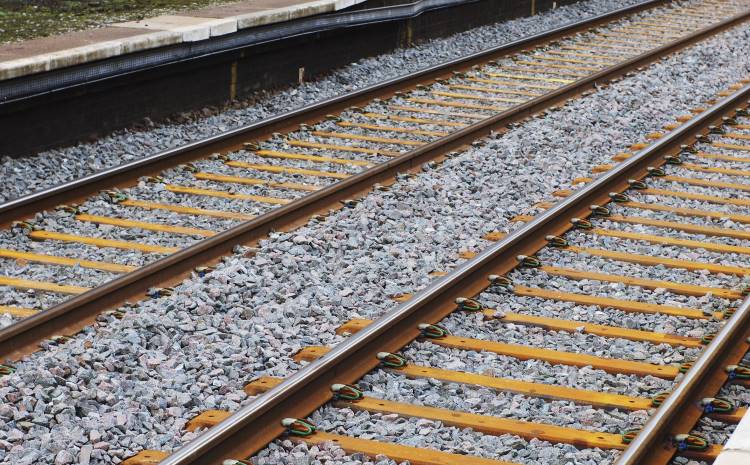UK Infrastructure Inadequate for Climate Crisis, Experts Say

Leading experts and government advisers have warned ministers that they must take greater action to protect the UK’s infrastructure from the effects of extreme weather.
The UK recently experienced the most intense heatwave in decades, which was then followed up by severe storms and floods in parts of the country.
Last week, temperatures soared about 34C for six days in a row - the first time in over half a century.
This year is forecasted to be the hottest year ever recorded, with heatwaves becoming more likely in the future.
Infrastructure experts and engineers are now warning that crucial infrastructure may not be able to cope with the strain of extreme weather. This includes everything from homes and buildings, to water and energy networks.
The Committee on Climate Change (CCC), the statutory advisers to the government, have pushed for new regulations. Head of adaptation at the CCC, Kathryn Brown, said: “The recent heatwave shows how ill-suited the current UK building stock is to hot weather, and the risk that overheating poses to us all.
“Yet there is still no legal requirement to ensure homes, hospitals, schools or care homes are designed for the current or future climate. This urgently needs to change and be part of a wider programme of retrofitting and designing buildings within a green economic recovery package.”
The National Infrastructure Commission (NIC) raised similar concerns. Chair of the NIC, Sir John Armitt, said: “We absolutely can’t afford to stick our head in the sand.
“The impact of extreme weather cycles can be catastrophic, particularly on structures built over a century ago for a very different age. Given the scientific consensus on the future likelihood of such events, nobody can pretend these are unknown unknowns.”
Former president of the Institution of Civil Engineers, Geoff French, highlighted the recent Stonehaven derailment, in which three people were killed, as an example of the severe consequences of extreme weather:
“The challenge is to identify the most critical infrastructure and deal with that. You need to reduce the knock-on impact, when one piece of infrastructure fails.”
The bulk of the infrastructure in the UK dates back to the Victorian era - a time when the risks of high temperatures and flash flooding were much less.
Professorial fellow at Lancaster University, and fellow of the Royal Academy of Engineering, Roger Kemp, said that it no longer made sense to build newer infrastructure to old specifications: “If you look at other countries, their drains are deep and wide but we are still building as the Victorians did.”
Read on our blog

With the government poised to implement tough new measures to...

Budget broadband provider TalkTalk has been notifying customers via email...

A year-long investigation by charity Citizens Advice has revealed a...

Education Secretary Nadhim Zahawi has announced a new commitment to...
